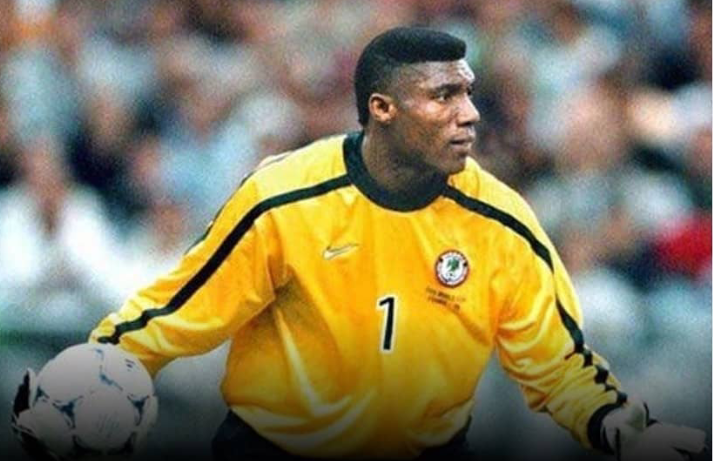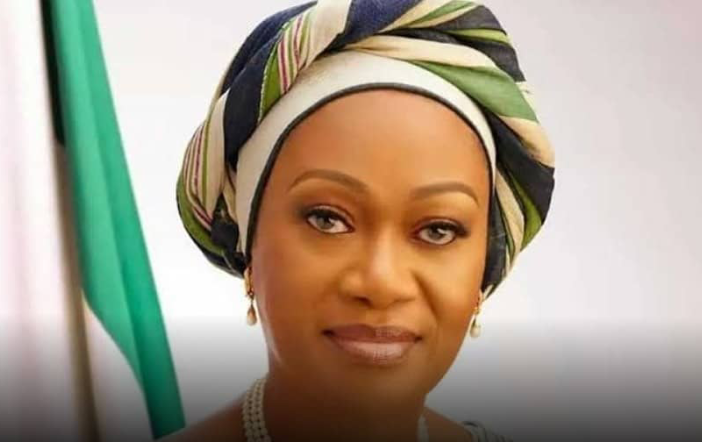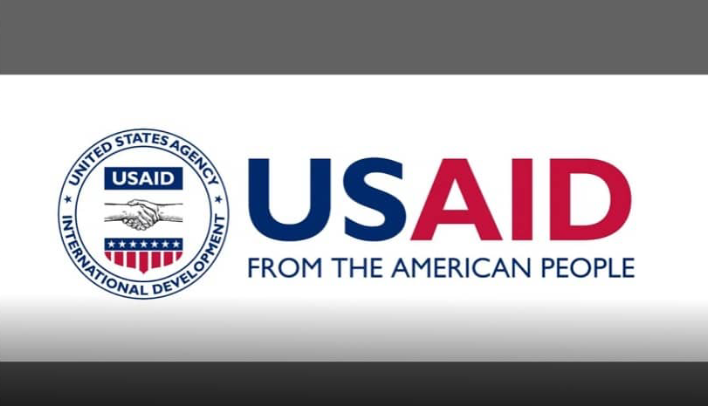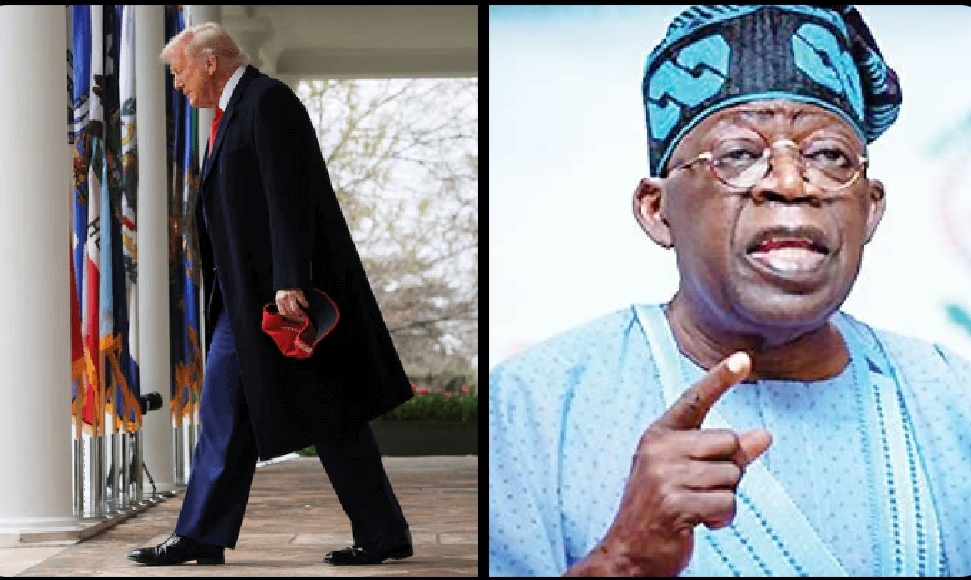
Nigeria Mourns as Super Eagles Legend Peter Rufai Dies at 61

Nigeria has been thrown into mourning following the heartbreaking news that former Super Eagles goalkeeper and national icon, Peter Rufai, has died at the age of 61. The man fondly remembered as “Dodo Mayana” reportedly passed away in the early hours of Thursday, July 3, 2025, after battling a prolonged illness that had kept him away from the spotlight in recent years. While his family is yet to release an official statement, a senior Lagos State Government official is said to have confirmed the somber news to the media.
Tributes have since started pouring in from across the country and beyond, as Nigerians come to terms with the loss of one of their footballing greats. Rufai was not just a sportsman; he was a symbol of national pride, grit, and leadership during one of the most successful eras in Nigerian football history. His commanding presence in goal, charismatic leadership, and unwavering commitment to the green and white jersey made him a household name across the continent.
Born on August 24, 1963, Rufai’s journey to football greatness began in Lagos, where he first played for local teams before joining Stationery Stores, one of Nigeria’s premier clubs in the 1980s. It wasn’t long before his talents caught international attention, paving the way for a professional career in Europe where he suited up for clubs in Belgium, the Netherlands, Portugal, and Spain. Among his most notable stints was with the Dutch side Go Ahead Eagles and later, Deportivo La Coruña and Hércules CF in Spain. His reputation as a dependable, agile, and fearless goalkeeper earned him accolades throughout his club career.
However, it was on the international stage that Peter Rufai truly etched his name into the annals of Nigerian sporting history. He earned 65 caps for the Nigerian national team, the Super Eagles, and was instrumental in some of the country's most iconic football moments. Perhaps his most celebrated contribution was during the 1994 Africa Cup of Nations, where his heroics helped Nigeria lift the trophy in Tunisia. That same year, he led the Super Eagles to their debut appearance in the FIFA World Cup, capturing the world's imagination with a memorable performance that saw Nigeria reach the Round of 16 in the USA.
Rufai’s leadership and calming influence were vital in a team brimming with talent. Alongside legends like Rashidi Yekini, Austin Jay-Jay Okocha, and Finidi George, Rufai helped shape what is now considered the golden generation of Nigerian football. He would later represent Nigeria again in the 1998 FIFA World Cup in France, cementing his status as one of the few African goalkeepers to appear in multiple World Cups.
Known for his eccentric personality and flair, Rufai was never your typical goalkeeper. Off the pitch, he was just as remarkable. With royal lineage tracing back to a ruling family in Lagos, Rufai often spoke about the importance of discipline, cultural pride, and education. He held a degree in Physical and Health Education and was fluent in multiple languages—a rarity among players of his era. Following his retirement from active football, he dedicated much of his time to youth development through the establishment of the Peter Rufai Sports Foundation, a platform aimed at nurturing young talent and promoting physical education in Nigerian schools.
Despite stepping away from professional football, Rufai remained a familiar face on sports panels, football documentaries, and as a mentor to many upcoming Nigerian goalkeepers. He was frequently invited to national football events, always bringing with him his signature smile and infectious passion for the game.
News of his death has left a gaping void in the hearts of Nigerians. Former teammates, sports analysts, fans, and officials have expressed deep sorrow over the loss. Nigerian Football Federation (NFF) President, Ibrahim Gusau, described Rufai as "a monumental figure in our football history whose legacy will never be forgotten.” Super Eagles coach Finidi George, who played alongside Rufai, said, “It feels like losing a brother, a captain, and a motivator. Dodo Mayana was the heartbeat of our team and a true leader.”
Social media has been flooded with emotional tributes and throwback videos celebrating the late goalkeeper’s illustrious career. From iconic saves against global football giants to his patriotic tears during the national anthem, every image shared serves as a testament to Rufai’s unbreakable bond with the Nigerian people.
The silence from the Rufai family has only heightened public curiosity, with many hoping for a formal statement or a public memorial to honour the legend. Sources close to the family have indicated that arrangements are underway for a befitting burial ceremony that will celebrate the life and impact of the man many called Nigeria’s safest pair of hands.
Beyond his football accolades, Peter Rufai was a symbol of hope for a generation that saw sports as a way out of hardship. His story inspired thousands of young Nigerians to chase their dreams, regardless of the obstacles. He was never entangled in scandal, never courted controversy, and always carried himself with humility and dignity—a rare quality in today’s sports world.
As the nation mourns, one thing remains clear: Peter Rufai may have passed on, but his legacy will live forever. In stadiums, in classrooms, in the dreams of aspiring goalkeepers across Nigeria, and in the memories of millions who watched him guard the post with pride, "Dodo Mayana" will never be forgotten.
May his soul rest in perfect peace.


